About Pearson Hall
Pearson Hall offers short-term crisis intervention in Birmingham, Alabama, to men and women. Services are provided to individuals experiencing substance use disorders and mental health challenges. Their services are aimed at healing and recovering.
Admissions and Intake
Admission to the facility is voluntary. Priority admission will be given to pregnant women who are IV users, pregnant women who are abusing substances and to individuals who are IV users.
When you enter the facility, you will be greeted with warmth and support. Medical and counseling professionals will work together to conduct a thorough assessment. The assessment ensures that you receive a treatment plan that is tailored to your specific needs.
You’ll receive medically supervised care if you require detoxification. You can receive this service at Pearson Hall or in conjunction with Olivia’s House. Any nutritional deficiencies will be addressed at this time, and psychiatric services are also provided.
Treatment and Aftercare
Pearson Hall offers a range of counseling services including group therapy, individual counseling and family counseling. Clients are introduced to self-help groups like Alcoholics Anonymous (AA) and Narcotics Anonymous (NA), as well as educational lectures and nutritional counseling to support a holistic recovery process.
Aftercare services are provided once you have completed your treatment. You’ll have ongoing support and attend weekly meetings. Your family will also be able to attend education programs that are geared toward understanding addiction and healing.
Fun Fact
Pearson Hall was named after the Alabama state senator J. Richmond Pearson. Mr. Pearson assisted The Alcohol and Drug Treatment Center to secure the funding needed to construct what is now Pearson Hall.
Addiction Treatment Programs
Alcohol Rehab
An alcohol rehab in Alabama helps people gain the skills they need to overcome addiction and maintain long-term sobriety. Alcohol rehab may include detox, inpatient treatment, and/or outpatient care. You’ll learn the roots of addiction and learn how to build a substance-free life.
Dual Diagnosis
A dual diagnosis is when you have a mental health diagnosis along with a substance use disorder. Getting integrated rehab in Alabama is essential to long-term recovery. A dual diagnosis program uses evidence-based approaches to help you overcome both your mental health concerns and substance use. This may include mental health medication, counseling, and more.
Opioid Addiction
If you choose rehab in Alabama, you’ll receive professional treatment that will help you break free of opioid addiction. In an opioid treatment program, you’ll not only receive treatment, but you’ll participate in activities, receive peer support, and learn how to have fun without substance use.
Drug Rehab
If you’re struggling with your substance use use, consider a drug rehab in Alabama. Drug rehab may include detox, inpatient treatment, and/or outpatient care. You’ll learn the roots of addiction and learn how to build a substance-free life.
Adult Program
Adulting can be hard. When you choose an adult program in Alabama, you get the support you need in overcoming addiction and building a successful life. An adult program gives you the skills you need to overcome addiction and address the unique challenges of managing your work, relating to your family, raising children, and balancing a variety of other responsibilities
Men's Rehab
Men need unique support, and a men’s rehab in Alabama can help them manage gender-specific concerns while overcoming addiction. A men’s program gives you the skills you need to overcome addiction and address challenges such as family relationships, fatherhood, emotional management, and more.
Women's Rehab
When people join a women’s rehab in Alabama, they are able to tackle gender-specific issues while receiving treatment. A women’s program gives you the skills you need to overcome addiction and address your unique challenges, such as motherhood, building a career, having healthy relationships, and more.
Young Adult Rehab
Choosing a young adult rehab in Alabama can be a great way to learn new life skills while also addressing substance use. A young adult program gives you the skills you need to overcome addiction and address the unique challenges of transitioning from the teen years to adulthood.
Insurance Coverage
Self-pay options
Using self-pay to pay for rehab in Alabama means paying the cost out of your own pocket. You might use a check or get a medical loan. Different types of care may have different fee structures.
Financial aid
How do you pay for rehab in Alabama? A good option is to look into financial aid programs. Treatment centers may offer grants or scholarships that make it easier for those who are lower-income to get the care they need. Contact the treatment center you’re interested in for details.
Financing available
How do you pay for rehab in Alabama? If financing options are available, consider using them to help pay for the costs of treatment. Treatment centers may have financing options such as payment plans, grants, or scholarships. You may also decide to get a medical loan to pay for treatment.
Sliding scale payment assistance
If you’re struggling to pay for rehab in Alabama, a sliding scale payment plan can help. You qualify for a lower fee for detox, inpatient treatment, or outpatient care based on your income and family size.
Medicaid
How do you pay for rehab in Alabama? If you qualify, a good option is Medicaid. Medicaid covers multiple levels of care, and you may have no out-of-pocket costs. However, you’ll need to choose a treatment center that accepts Medicaid.
Levels of Care
- 1
Detox Treatment
For most people, detox in Alabama is the first step in their recovery journey. Detox is often medically supervised, helping it be safe and as comfortable as possible. Medical supervision may include FDA-approved medication and other treatments.
- 2
Inpatient Rehab
During inpatient treatment in Alabama, each client lives at the facility and is able to focus entirely on recovery. Some of the elements of inpatient treatment include individual and group counseling, skill-building, relapse prevention, and help with essentials like employment and housing.
- 3
Aftercare Support
Aftercare in Alabama helps clients maintain long-term recovery by providing essential support after treatment ends. Aftercare may include connections to 12-step and other support groups, housing and employment resources, community recovery centers, and more.
Therapies
Cognitive Behavior Therapy
In Alabama, cognitive behavioral therapy (CBT) is widely used in addiction treatment. You’ll examine common thought distortions, identify learned negative behaviors, and develop the skills necessary to consciously choose a different reaction to each situation.
Family Therapy
Family therapy in Alabama helps clients overcome substance use by addressing the family conflicts and dysfunction that may contribute to addiction. Family therapy is only one element of rehab treatment, along with activities, peer support, individual and group counseling, relapse prevention, and more. Together, all these methods support you in establishing long-term recovery.
Group Therapy
Group therapy in Alabama helps clients overcome substance use by providing accountability and support. Group therapy sessions generally last 60 to 90 minutes and may include discussing a specific issue, sharing wins and challenges, education about specific topics, or developing life skills.
Individual Therapy
Attending individual therapy in Alabama is a way to work through your past and develop healthy coping skills, helping you establish long-term recovery. Individual therapy is a normal part of evidence-based treatment programs and may be a part of inpatient treatment, outpatient care, or both. Topics include processing past events that may have contributed to substance use, learning new life skills, and relapse prevention strategies.
Trauma Therapy
Many people struggling with addiction in Alabama are dealing with unprocessed trauma. Trauma-informed therapy can help you address what happened and develop healthier coping strategies. Trauma-informed therapy may be part of both inpatient and outpatient substance use treatment and may include peer support, mental health medications, mindfulness, and developing new coping strategies.
Accreditations
Location
Contact Pearson Hall
Top Drug Rehab Centers in Alabama
-
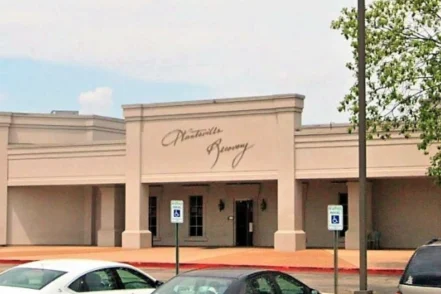 Alabama
AlabamaBHG Huntsville Treatment Center
4040 Independence Drive NorthWest Huntsville, Alabama 35816
-
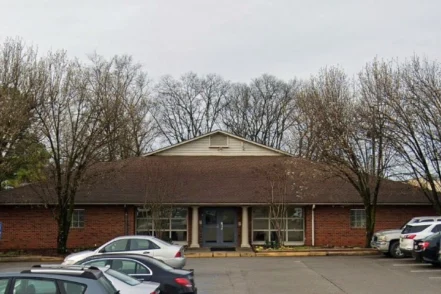 Alabama
AlabamaAletheia House Outpatient Treatment
201 Finley Avenue West Birmingham, Alabama 35204
-
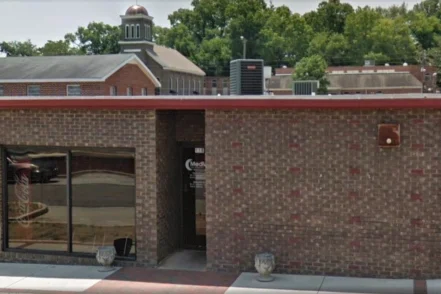 Alabama
AlabamaMedMark Treatment Centers Oxford
118 East Choccolocco Street Oxford, Alabama 36203
-
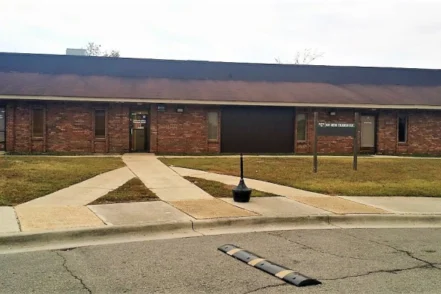 Alabama
AlabamaNew Season Huntsville Metro Treatment Center Huntsville
2227 Drake Ave, Suite 19 Huntsville, Alabama 35805
-
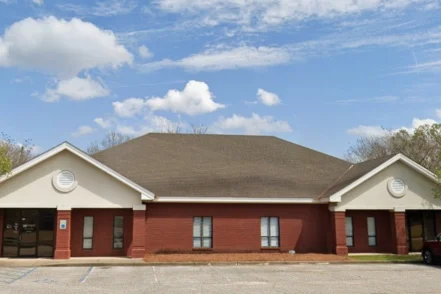 Alabama
AlabamaBradford Health Services Montgomery
386 Saint Lukes Drive Montgomery, Alabama 36117
-
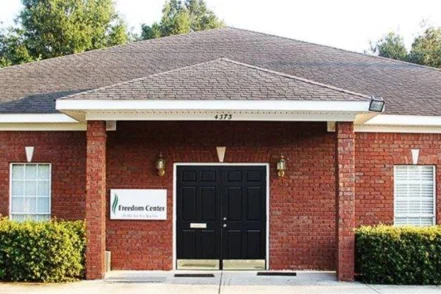 Alabama
AlabamaFreedom Center Mobile
4373 Downtowner Loop South, Suite A Mobile, Alabama 36609
-
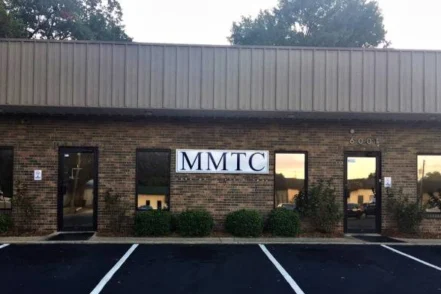 Alabama
AlabamaNew Season Montgomery Metro Treatment Center
6001 East Shirley Lane Montgomery, Alabama 36117
-
 Alabama
AlabamaFamily Life Center Huntsville
715 Wheeler Avenue, Suite C Huntsville, Alabama 35801
-
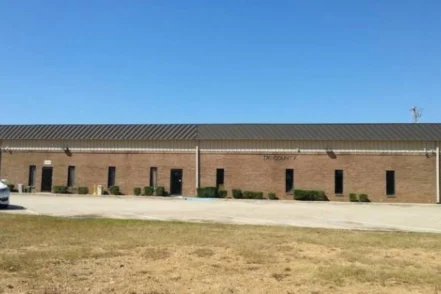 Alabama
AlabamaNew Season Tri County Treatment Center
5605 Clifford Circle Birmingham, Alabama 35210
-
 Alabama
AlabamaALR Soberlife
1520 2nd Avenue North Bessemer, Alabama 35020

